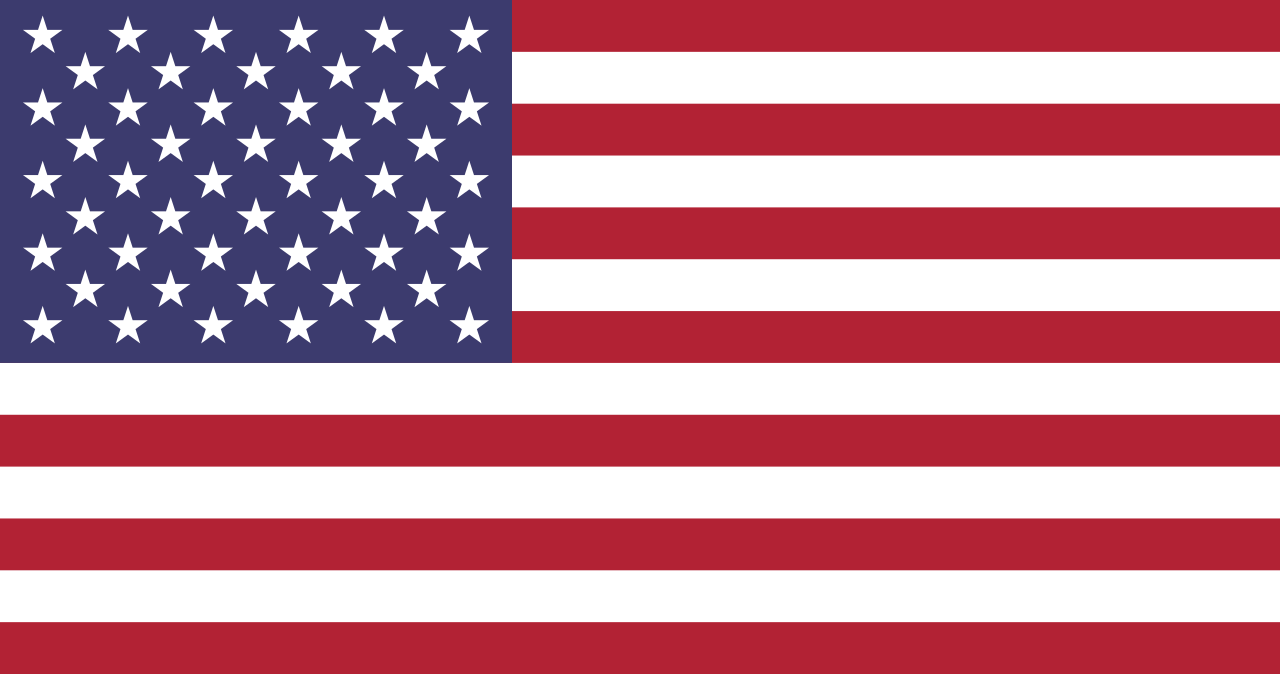Lincoln by David Herbert Donald
More books have been written on America’s 16th president than any other commander in chief. Some estimates put it at over 15,000. Apparently that’s more books than have been written about any other person, save Jesus Christ. Of course, that can make it exceedingly difficult to pick one for this project.
After a good deal of research, I landed on Donald’s Lincoln. It’s generally considered to be the best single-volume biography of Honest Abe. White’s A. Lincoln and Goodwin’s Team of Rivals were also finalists, but White’s consistently ranked just below Donald’s effort, and Goodwin’s is more a history of Lincoln’s cabinet than of the man himself.
So did the book live up to its illustrious reputation? Yes and no. I found it to be exceptionally well-researched and thorough, focused, erudite and fairly readable. And while Donald can be commended for keeping tight control of his subject, I felt his disciplined commitment to only telling the story through Lincoln’s eyes was a misstep that ultimately degraded the final product.
For instance, the battles of the Civil War, the principle event of Lincoln’s tenure, are only glimpsed at through the President’s relationship with his generals and cabinet. We never get a real sense of what is happening on the ground or within the rebel leadership. Thus, we lack context for Lincoln’s decisions, and the enormity of the struggles the nation endured during this time are lessened.
Donald even ends his narrative the minute Lincoln dies, so we’re never treated to the impact that his death had on the country or upon his friends and family (save for the vigils kept during his final hours.)
Where Donald does succeed though are in his depictions of Lincoln’s personality and inner self.
He weaves a very compelling narrative, for instance, of Lincoln’s young adulthood and his rise to fame. In fact, within the first 50 pages, Lincoln already presents the most unique backstory of any former president to date as he ambles around the Illinois countryside sailing flatboats loaded with pork and sundries down the Mississippi and running general stores with his friends.
Donald also peppers these early years with frequently hilarious details such as the falling chunks of plaster that often imperiled speakers in the Illinois state senate chamber and this description of the legislative business taking place during Lincoln’s first term there:
Most of the business of the legislature, like that of any lawmaking assembly, was of a routine nature, like appropriating $2.50 to Marmaduke Vickery “for fixing the stoves for [the] State House,” passing a bill to encourage the killing of wolves, and granting permission to Clayborn Bell to change his name to Clayborn Elder Bell.
I was also struck by some of the parallels found between Lincoln’s time and our own. In January 1838, Lincoln gave a speech to the Young Men’s Lyceum where he attacked hyperemotionalism in politics, warning that the nation’s ‘proud fabric of freedom’ was endangered by the passions of the people.
Lincoln was also troubled by the rapid rate of change in American life in these go-go antebellum years and the agents of change as Donald describes them sound strikingly familiar:
Canals and railroads were bringing about a transportation revolution; the population was swiftly spreading across the continent; immigration was beginning to seem a threat to American social cohesion; sectionalism was becoming ever more divisive…
Lincoln’s stormy courtship with Mary Todd is well-told and frequently illuminating. When asked by a passerby where he was headed while on his way to his own wedding, Lincoln apparently replied, “to hell I suppose.” Indeed.
It’s also remarkable to witness Lincoln’s incredible growth as president and commander-in-chief. I found myself frequently gobsmacked by how genuinely terrible Lincoln first appeared to be at his new job in the White House where he was too often timid, far too deferential to subordinates, hopelessly out of his depth in military affairs and generally struggling to execute the war effort.
And then…he grew into it…enormously so. He stayed up late pouring over books on military matters, offering suggestions on strategy and engagements, much to General McClellan’s consternation. He developed a magnificent ability to shape public opinion and navigate the stormy politics of the war years, handling his ambitious cabinet in expert fashion. And he learned from his mistakes, firing and replacing generals till he eventually got it right with Grant.
In telling this extraordinary story in such a concise and frequently engaging manner, Donald should be commended, but I can’t help feeling a little let down overall.
Though the book is comprehensive, and I can understand why it’s generally regarded as the best single-volume biography of the man, I can’t help but feel that someone (Chernow, perhaps) should give him a fuller, more powerful treatment. Lincoln’s story is one of the truly great American stories, but Donald rarely seemed to imbue it with the drama it deserved.

